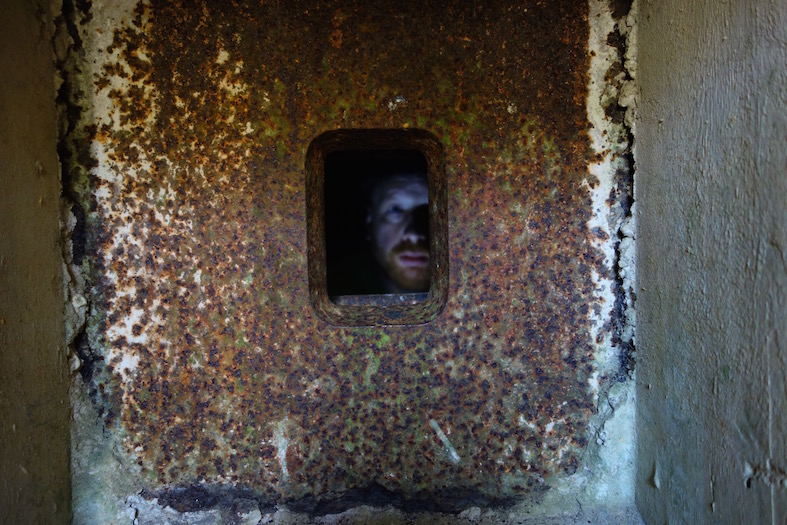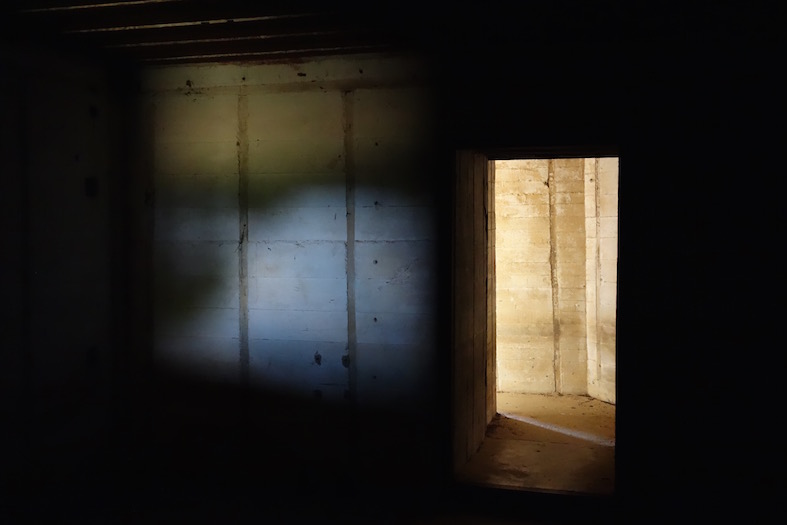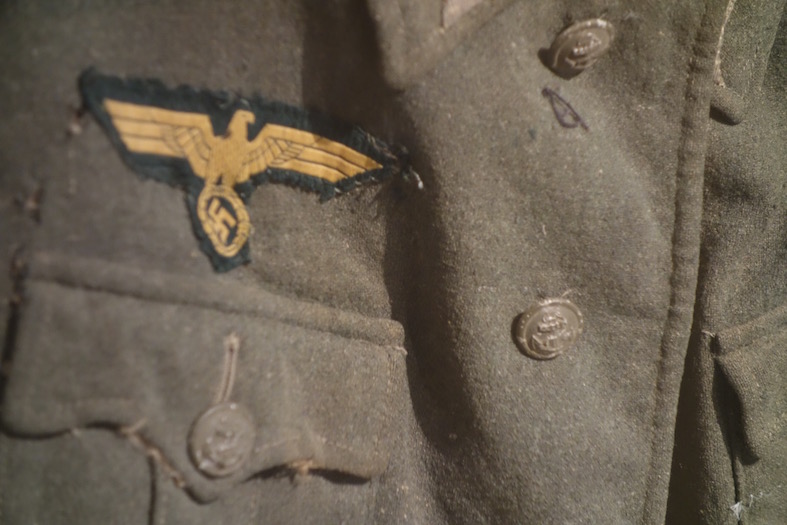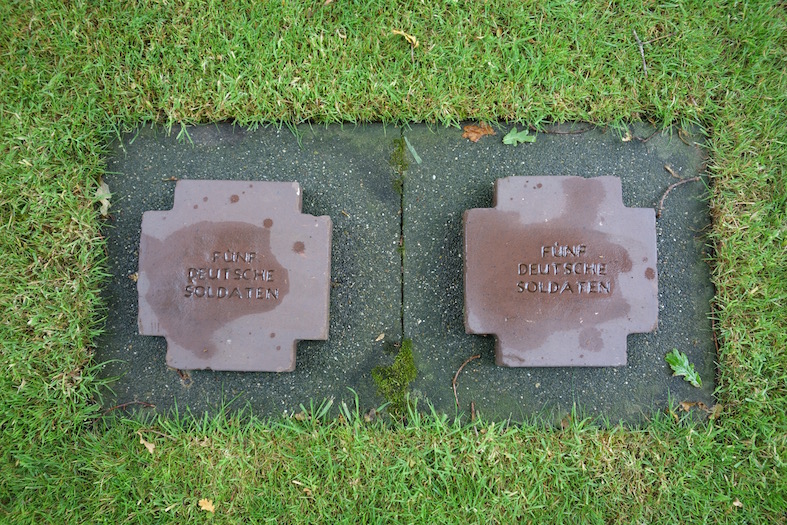The film above is edited from footage we shot in Normandy this summer, around a screenplay I’ve been writing called Utah. I’ve been writing it for about 7 years now, on and off. Well I say ‘writing’. It’s mostly been heavy research and worrying. Then last July, a sudden two-week burst of frantic typing.
It’s a historical piece, a war movie, and a coming-of-age thing across two time zones: traveling through Normandy in 2008, I found the area around the D-Day beaches beautiful, strange and empty all at the same time, and wanted to write something set in that resonant but mundane landscape. The idea was for a film that would connect the stories of German soldiers just before the allied invasion, desperate to get the hell out of Normandy, with those of French teenagers in the early 21st century, bored as can be, desperate to get the hell out of Normandy.
The plot was one that arrived almost fully formed. I read a couple of accounts of the German Army behind the Atlantic Wall and it all seemed to click. Characters both historical and modern popped up almost unbidden, and the settings were variations on ones I visited along that coastline – I just needed to check that my instincts would translate into a screenplay that wouldn’t take the historical facts, chew them up and spit them into the sea. No U-571 for me, that was the aim.
The big questions: where in this film would non-fiction end, and fiction take over? How much inaccuracy or fudging of the facts could I live with? And perhaps most urgently: at what point do I just, you know, stop doing the research and fucking write the fucking thing? Yeah cos, you know, I’m now one of those people whose bookshelves are bursting with German Army handbooks, which doesn’t look dodgy at all. No, really.
So it was all getting a bit silly. I kept reading, and not writing. I heard Tom Stoppard give his advice on research: “Only open the corner of the envelope.” Do just enough for what your project needs. And I then ignored that advice and I bought, and read, more books. I wrote ten or fifteen pages of screenplay every now and then, wherein dialogue and action basically screamed: LOOK AT MY LOVELY RESEARCH, so in the end I kind of lost heart and stopped writing altogether, even though I still believed in the story.
I reckon every project should have a different process, sometimes subtly, sometimes drastically so – just to be as honest as possible to the material. The breakthrough with this one came with the decision to lock me up in the landscape that originally inspired the screenplay, to force me to write it out. Plan being: we’d go to Normandy, take photos, make films and sound recordings on the beaches or in the bunkers for a couple of hours each day, then head back indoors and I’d aim for 10 pages of script before lights out.
It worked. I had no internet connection and stuck to 3 basic reference books – a battlefield guide, a weapons inventory and a map. That was it. Making the films and recordings helped me think about frame, time, patience, tension – stuff that was far more important than expository dialogue. Recording became a part of the writing process.
I used names from a visit to a German cemetery for my protagonists, feeling somehow it was an apt thing to do. A random exhibit in a tiny village museum inspired a vital part of the plot. I felt the length of the days, the heat, the wind from the sea, the distance between villages. And a week after getting back to the UK we had a script. (It’s still overwritten, mind. But we’ll deal with that in the next draft…)




